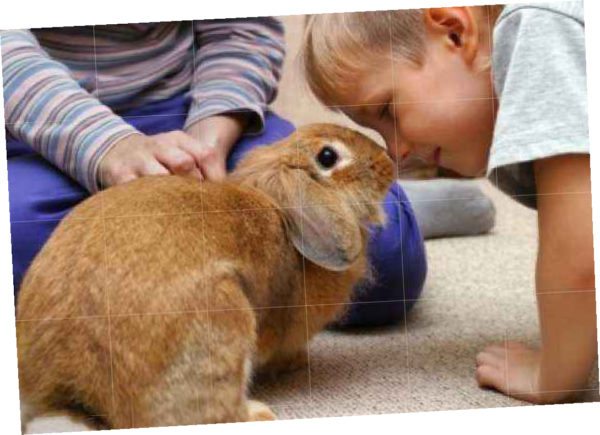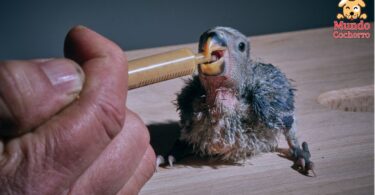These rodents are becoming popular as pets due to their soft fur and lively, charming personality. But since this is a relatively new trend, before adopting them as pets it is very important to know all about chinchilla care.
Indice
Don’t miss out!
>>> 4 things to consider before buying a guinea pig <<<
Chinchillas are nocturnal animals, which emit a high-pitched sound to communicate or to express their moods. They can jump up to almost one meter high and need daily exercise. That is why it is important to take into account everything they need.
Chinchilla habitat
Since it is an active animal that can jump a certain height, it should be kept in a fairly large cage. The average recommended measurements are 1 meter long by 60 centimeters high and wide.
Inside it should have a corner with a small bed for sleeping, which can be a pillow of your size. The floor must have a chip or shredded paper substrate that absorbs their needs and is easy to change. An exercise wheel is important to the chinchilla’s lifestyle.
Feeding
Chinchillas feed on commercial rodent grain, which provides them with a wide range of nutrients. But they should also have alfalfa, fresh carrots, and lots of green vegetables. Sunflower seeds or peanuts can cause fattening, so it is preferable not to consume them. In order for them to drink fresh, clean water, a bottle drinking fountain is recommended, as is the case for all rodents.
More about chinchilla care
The chinchilla will sleep during the day, so it is best not to disturb it. When dusk arrives, it is time to provide him with an exercise and play session. It can be taken out of its cage and allowed to run in a room, providing obstacles for exercise. These sessions should last between 30 and 60 minutes.
It is necessary to supervise what it does outside the cage. The site must first be cleared of electrical cables and toxic products. If you have a dog or cat, keep them out of the room as they are the kind of predators that can scare them to death.
It is a very expressive little animal. Therefore, get used to his squeaks, which are the kind of sounds he often makes. Even pay attention to them, to detect any form of unusual expression that could indicate problems.
Care when raising chinchillas
Chinchillas are skittish, like all rodents. If you are going to take one in your arms, do it properly and very gently. Remember that if he gets excited he will want to get away from you, and he could hurt himself.
Chinchilla care is of medium difficulty, as you have to clean its habitat daily and make sure it gets exercise every day. But if you can pull this off, you’ll have a fun and very friendly pet.
Image courtesy of upload.wikimedia.org







